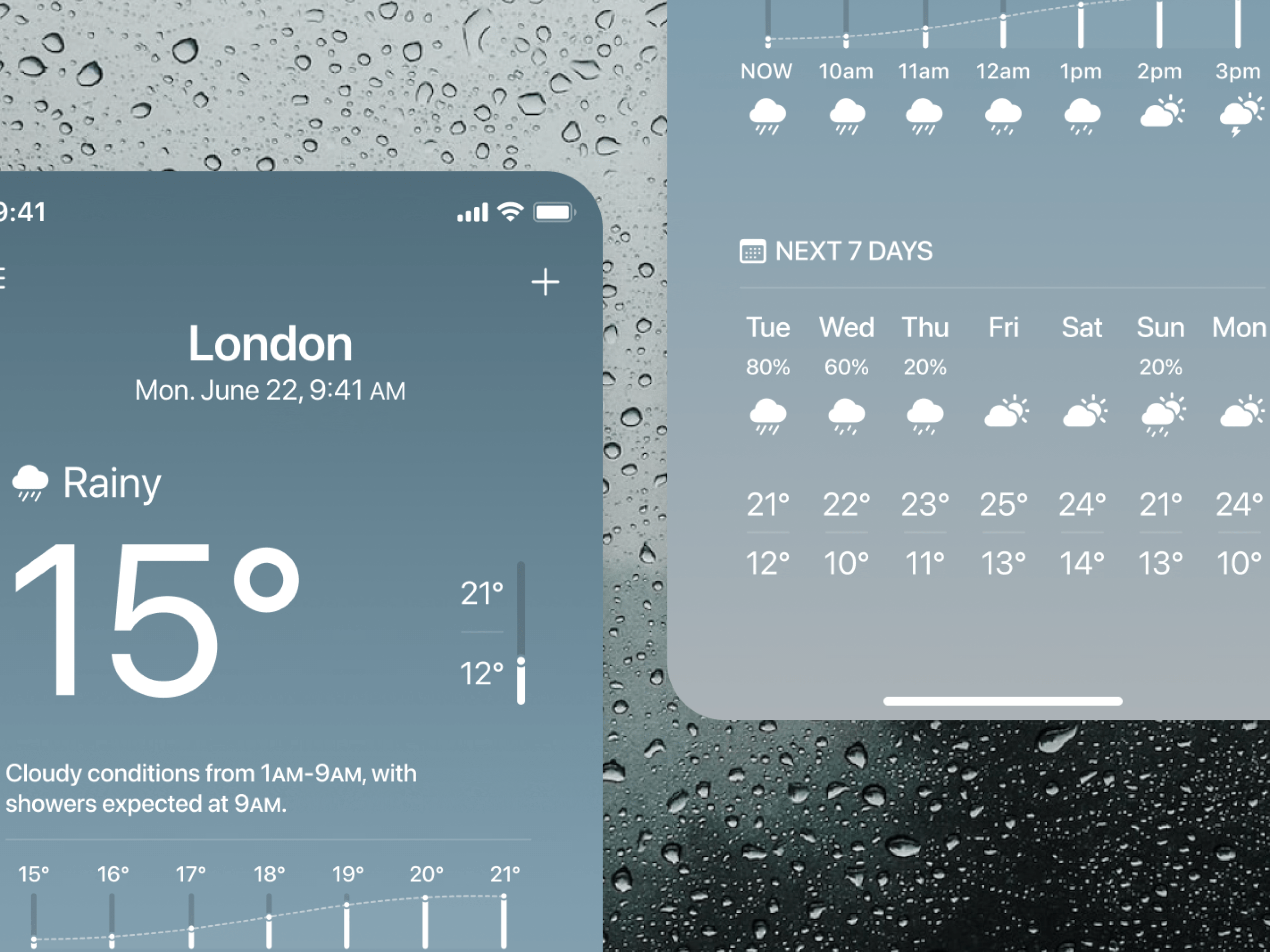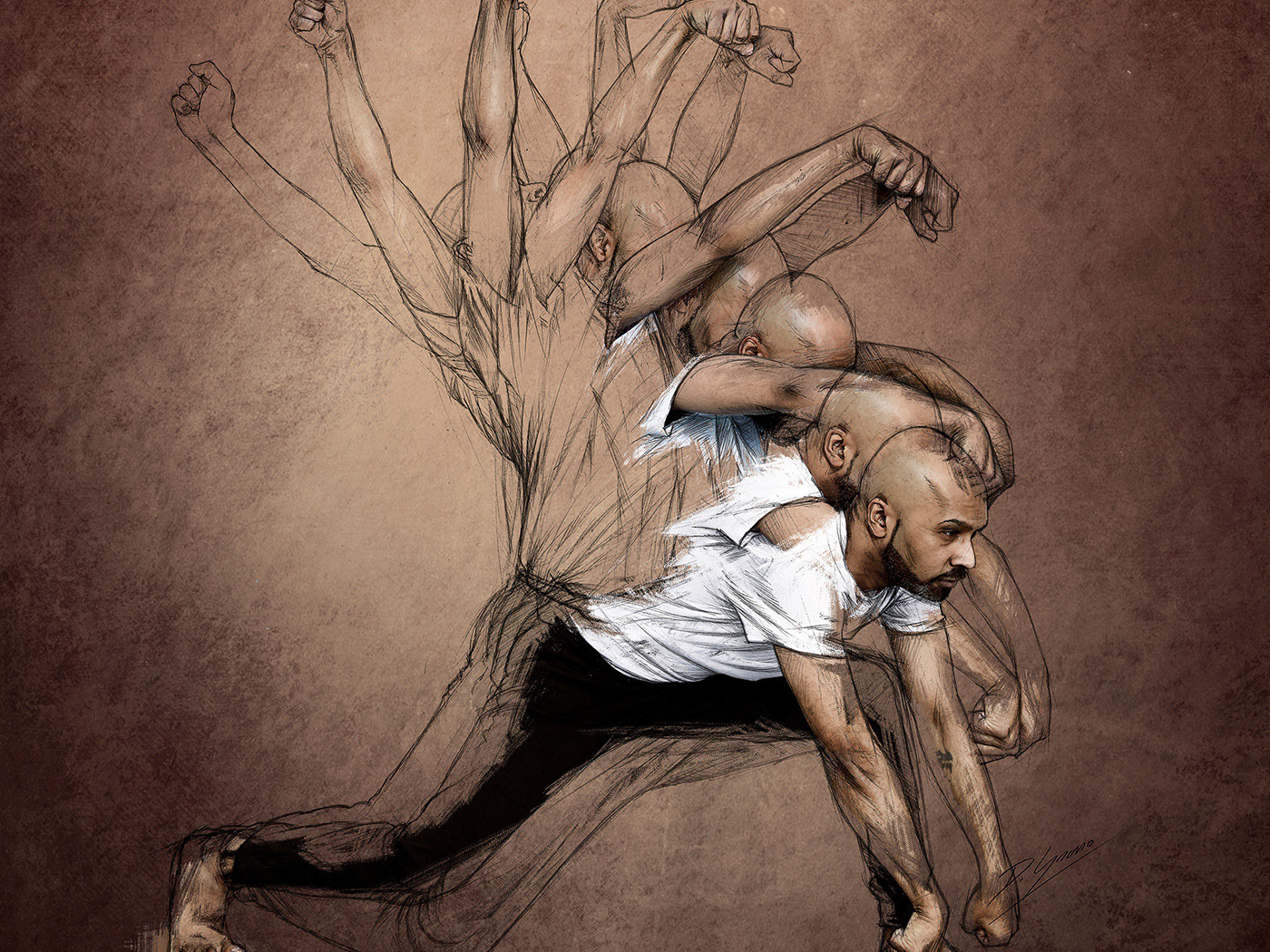BOEHRINGER INGELHEIM CNS VISUAL IDENTITY
SYMPTOMS OF MENTAL ILLNESS
Mental illness remains the leading cause of disability worldwide.
In the European Union, at least 164 million people (38%, or over one in three people)
suffer from mental health problems each year.
____
Negative Thought cycle (Rumination)
Rumination is the inability to banish sad memories and thoughts and the preoccupation with the reasons for, and nature of a person's mental condition in a repetitive cycle of negative thoughts. This enhances the effects of a depressed mood on thinking, impairs effective problem solving, interferes with instrumental behaviour, and erodes social support.
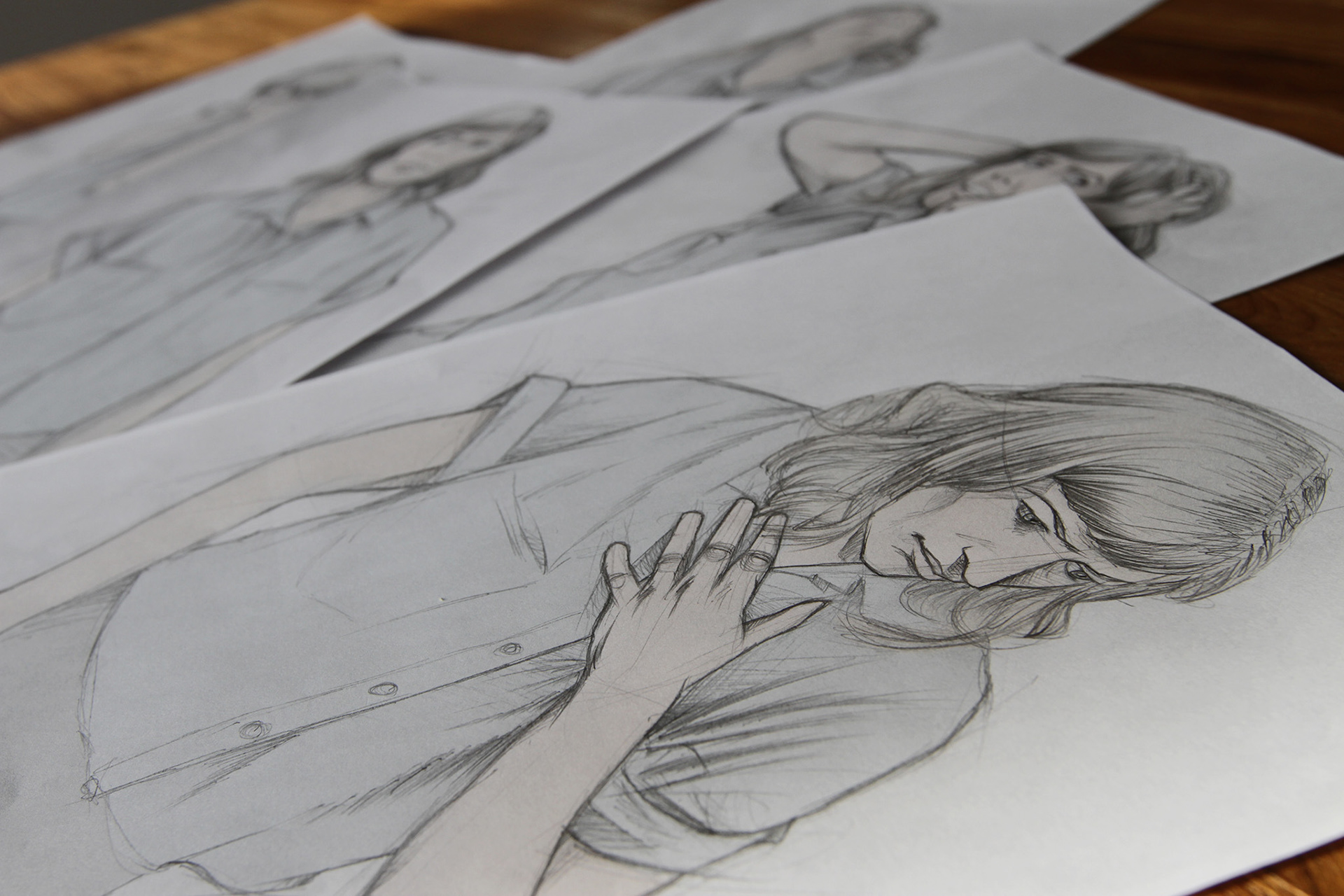
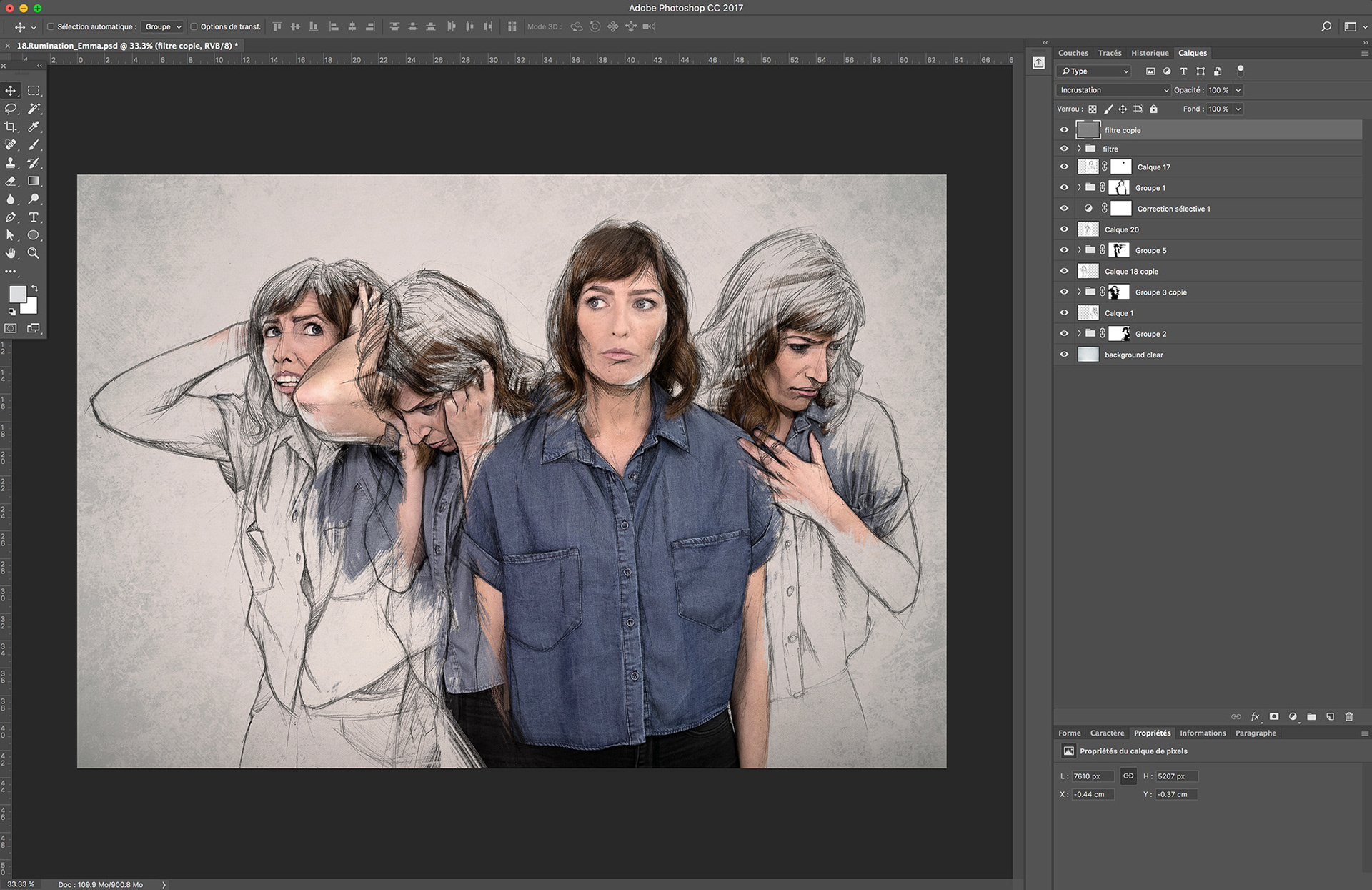
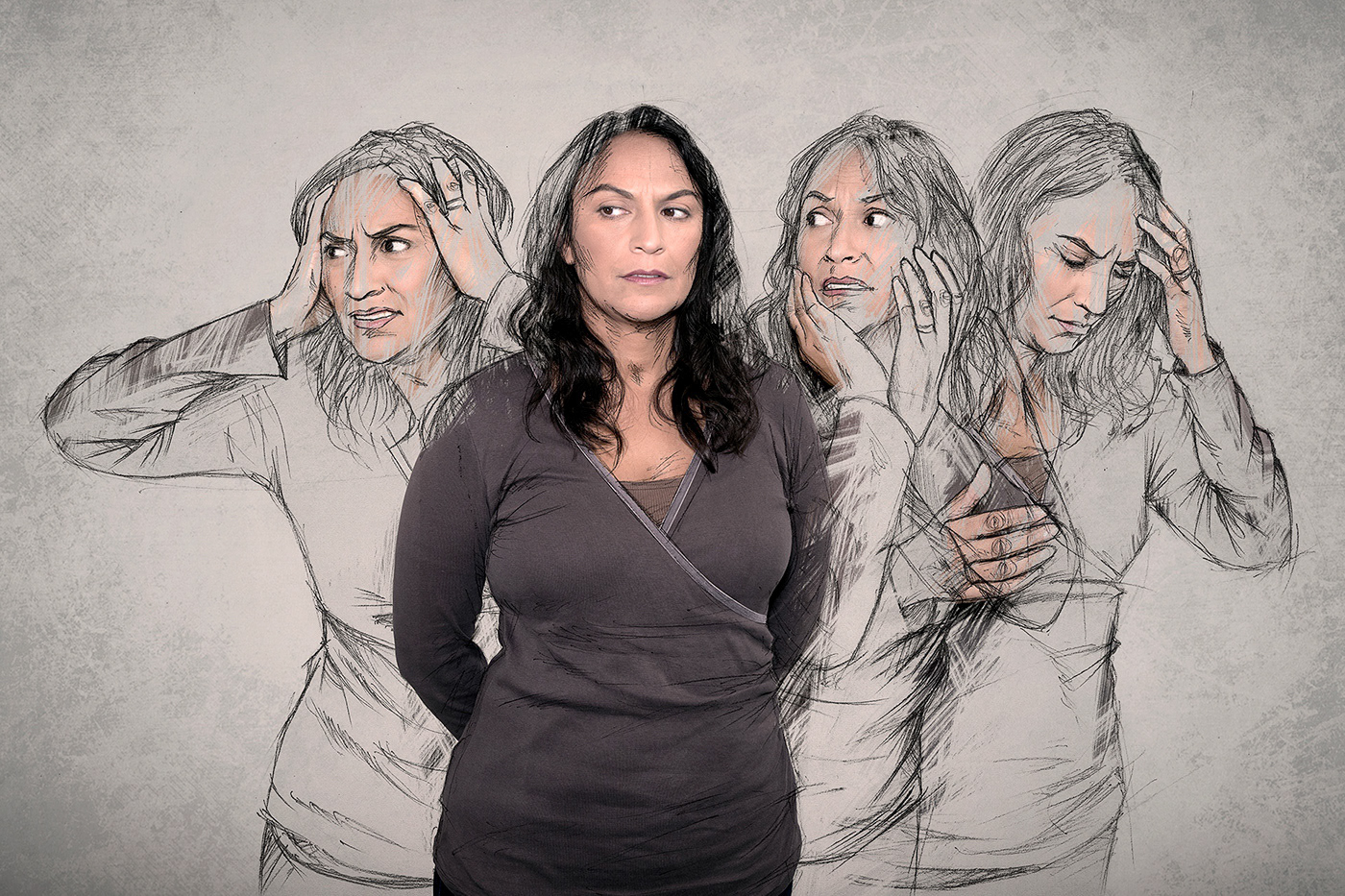
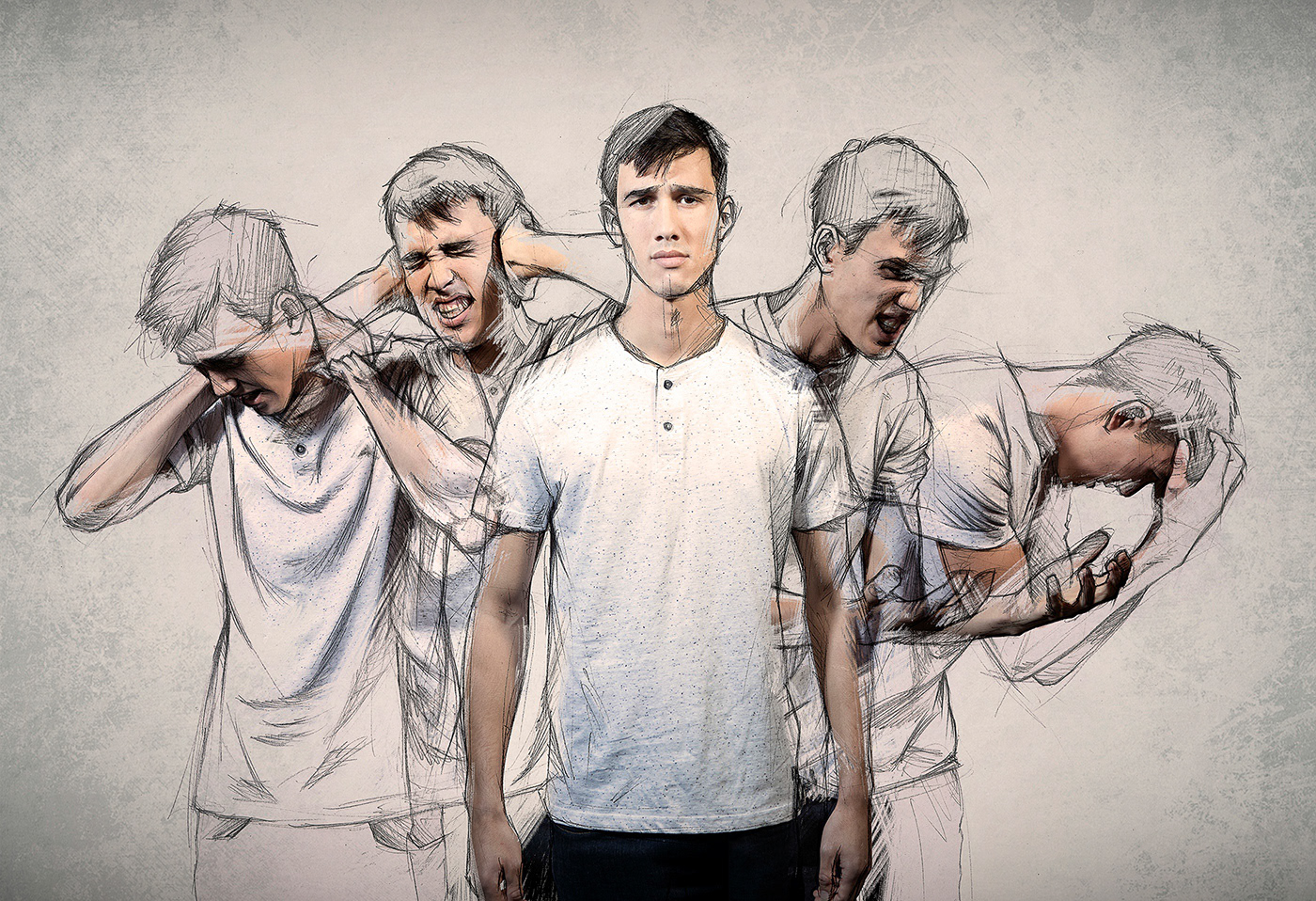
____
Alzheimer's disease
Alzheimer's disease is a common type of dementia. It is a major cause of disability and dependency among older people worldwide.
Dementia is a syndrome (a group of related symptoms) associated with an ongoing decline of cognitive functioning. It can affect memory, problem-solving skills and other mental abilities.
The exact cause of Alzheimer's disease is not yet fully understood, although a number of things are thought to increase your risk of developing the condition.
Dementia is a syndrome (a group of related symptoms) associated with an ongoing decline of cognitive functioning. It can affect memory, problem-solving skills and other mental abilities.
The exact cause of Alzheimer's disease is not yet fully understood, although a number of things are thought to increase your risk of developing the condition.

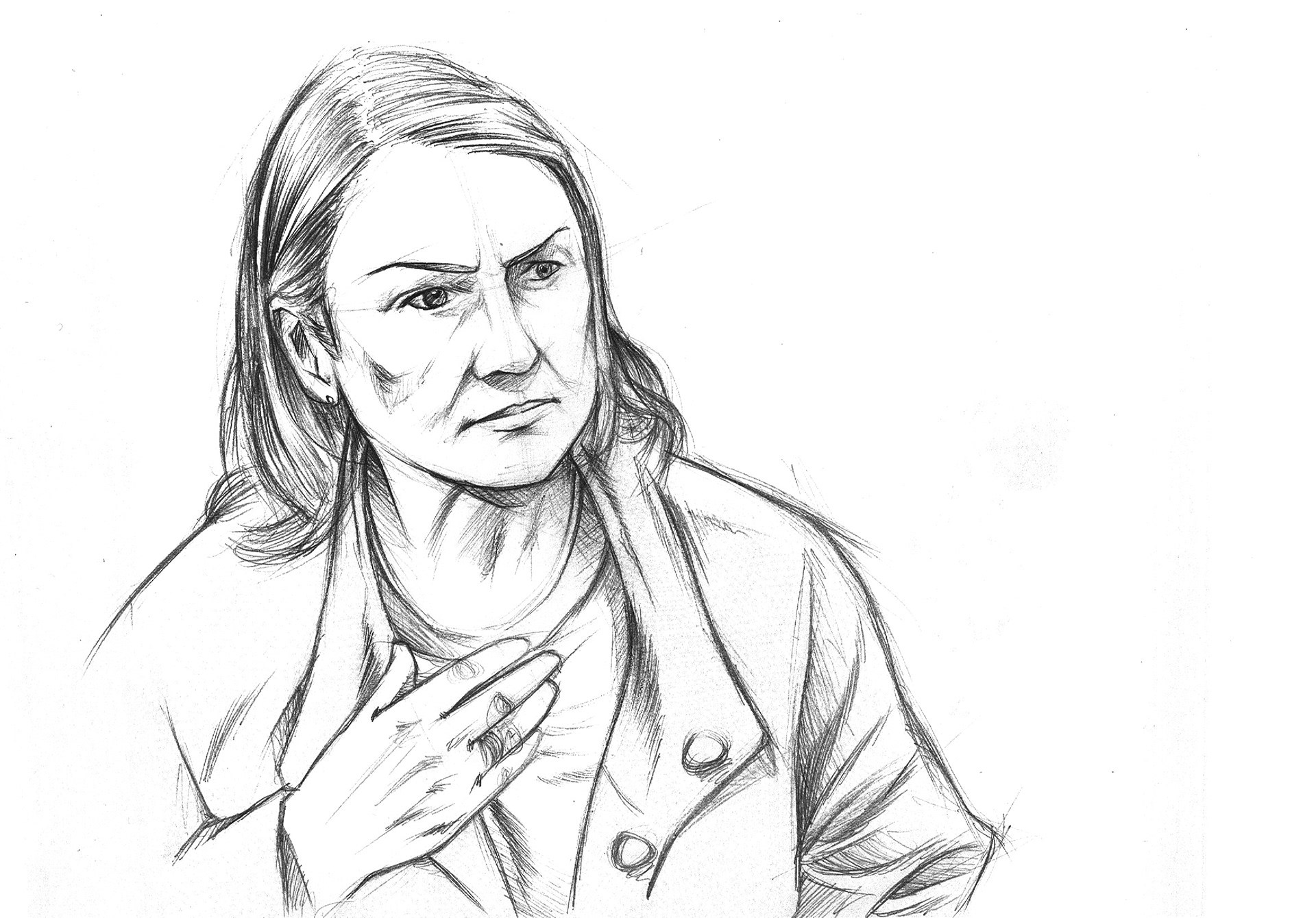


____
Schizophrenia
Schizophrenia is a severe long-term mental health condition. It causes a range of different psychological symptoms, such as delusions and hallucinations, but also disturbed thinking, cognitive impairment, odd behaviour, loss of interest and motivation.
Doctors often describe schizophrenia as a type of psychosis. This means the person may not always be able to distinguish their own thoughts and ideas from reality.
Doctors often describe schizophrenia as a type of psychosis. This means the person may not always be able to distinguish their own thoughts and ideas from reality.
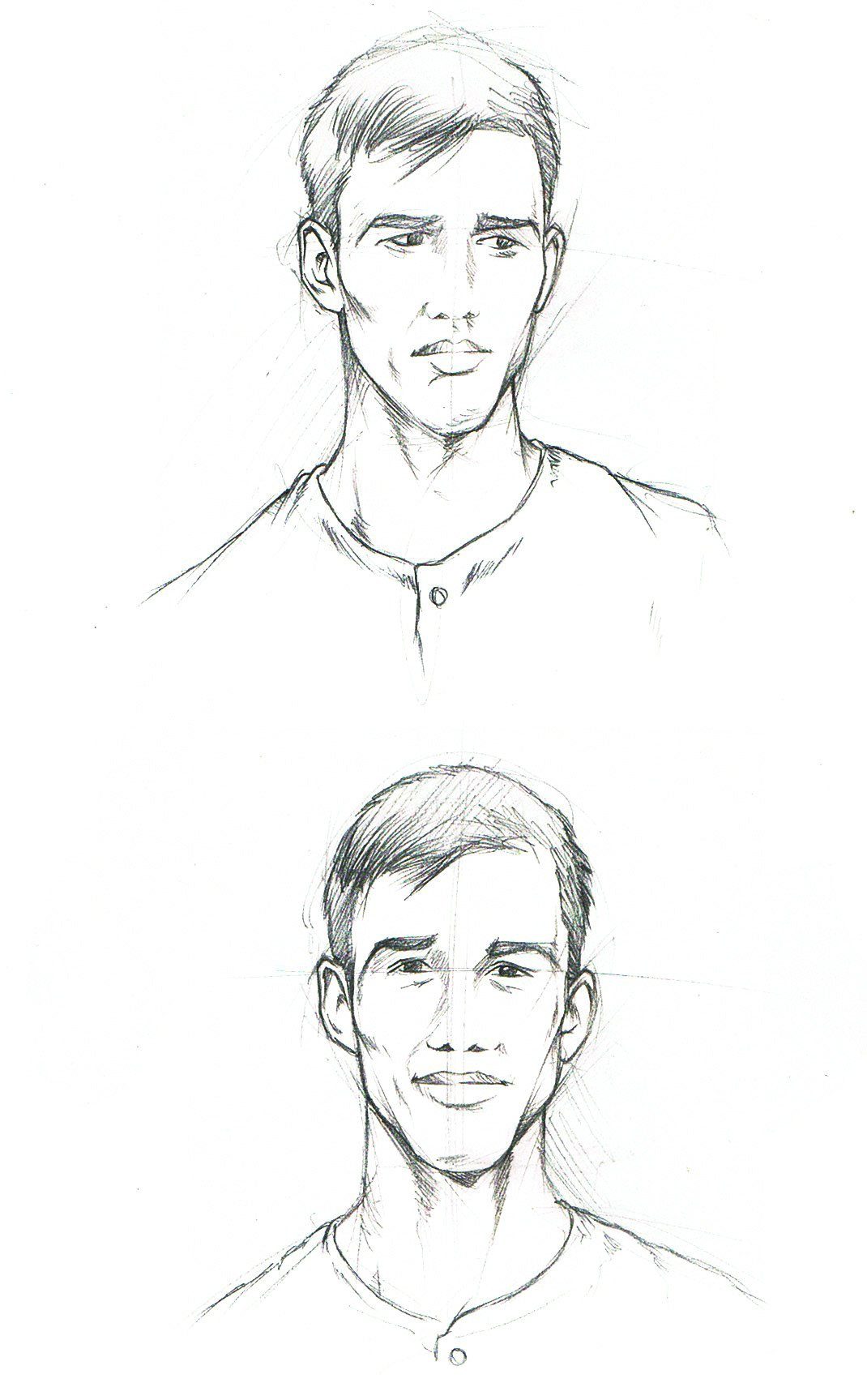




____
Difficulty problem-solving
Problem-solving refers to the mental process that people go through to discover, analyse and solve problems. It involves various aspects of cognition and is one of the most complex elements. A simple, everyday example is making a cup of tea, which can become overwhelming for someone with a mental illness. Difficulty problem solving is a form of cognitive impairment, which can be defined as a reduced mental ability to process information. It is common in many forms of mental illness.
____
Memory Loss
Memory is the ability to encode, store and retrieve information. It is an important cognitive function and impacts many aspects of our daily life. Memory loss can result in everyday confusion e.g. forgetting where belongings are stored or car is parked. Memory loss is a form of cognitive impairment, which can be defined as a reduced mental ability to process information. It is common in many forms of mental illness.
____
Difficulty with social interaction
Social cognition is the process of interpreting and thinking about the social world. The way we think about others plays a major role in how we think, feel and interact with the world around us. Whether we can recognise the way people are feeling by the look on their face and their body language will impact our behaviour toward them.


____
Depression
Major depressive disorder (MDD), often referred to as clinical depression or depression, is the leading cause of ill health worldwide. Depression is a long lasting low mood that affects your ability to do everyday things, feel pleasure, or take interest in activities. It also affects cognition, including memory and attention.
____
Impulsivity
Impulsivity is a tendency to act without thinking about the appropriateness or consequences of actions. When this type of behaviour becomes either frequent or serious it is considered a potential symptom of many different types of mental illness.


____
Concept and Directions
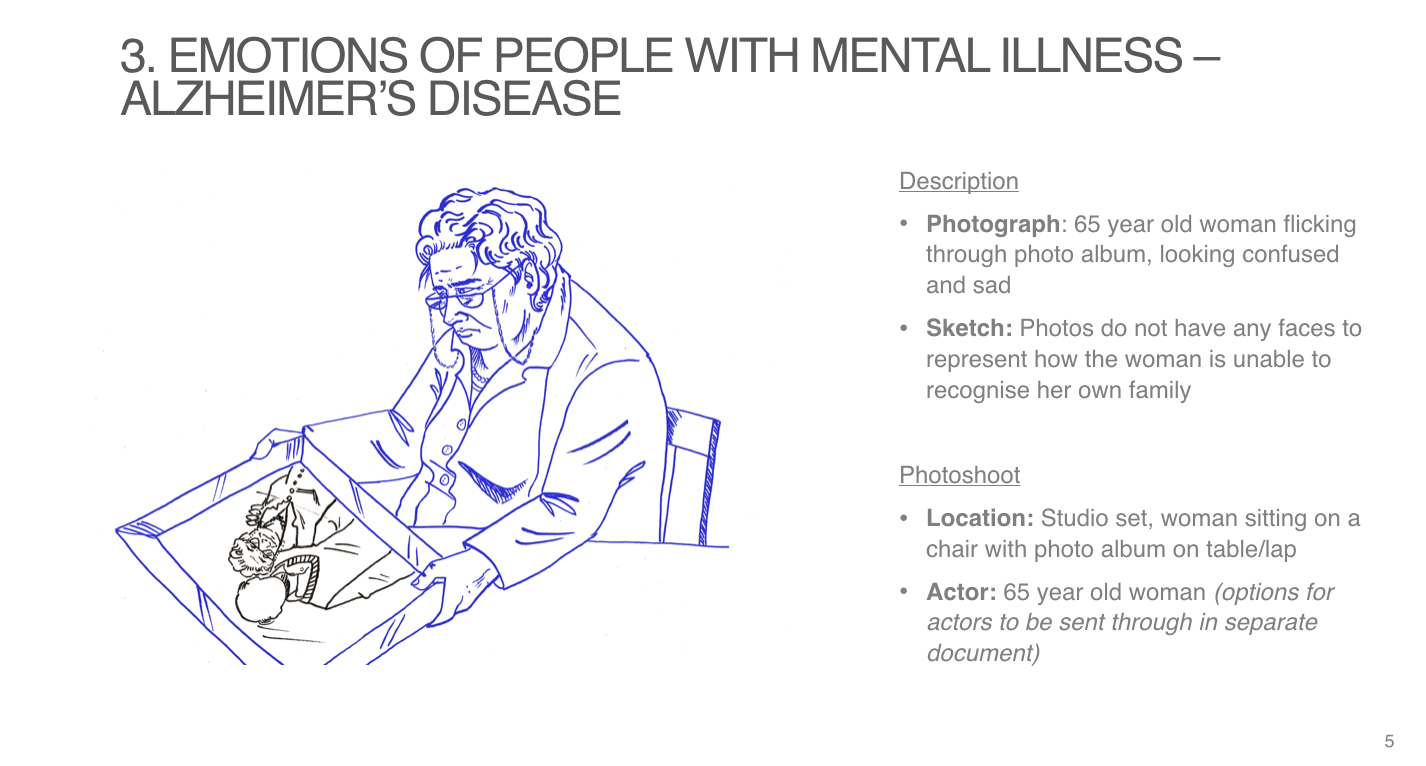
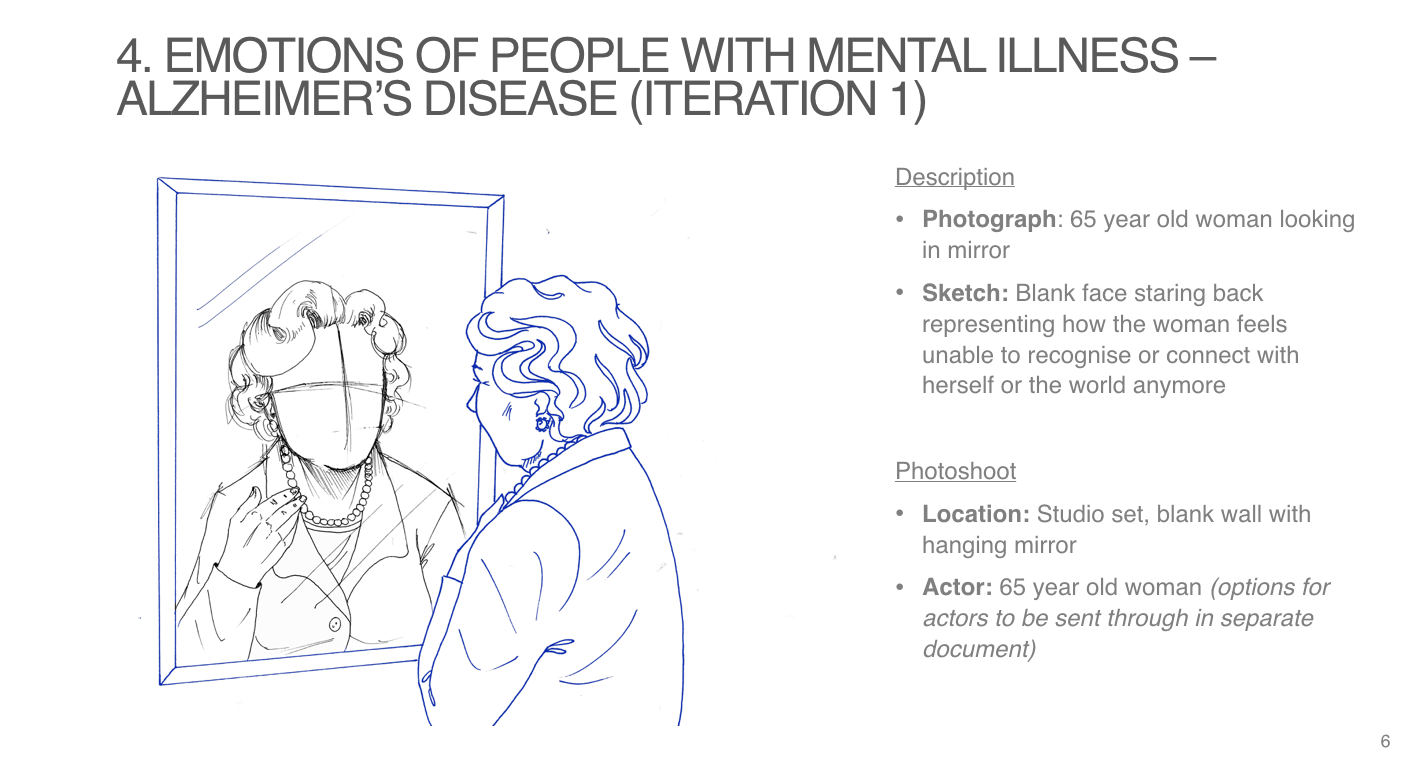
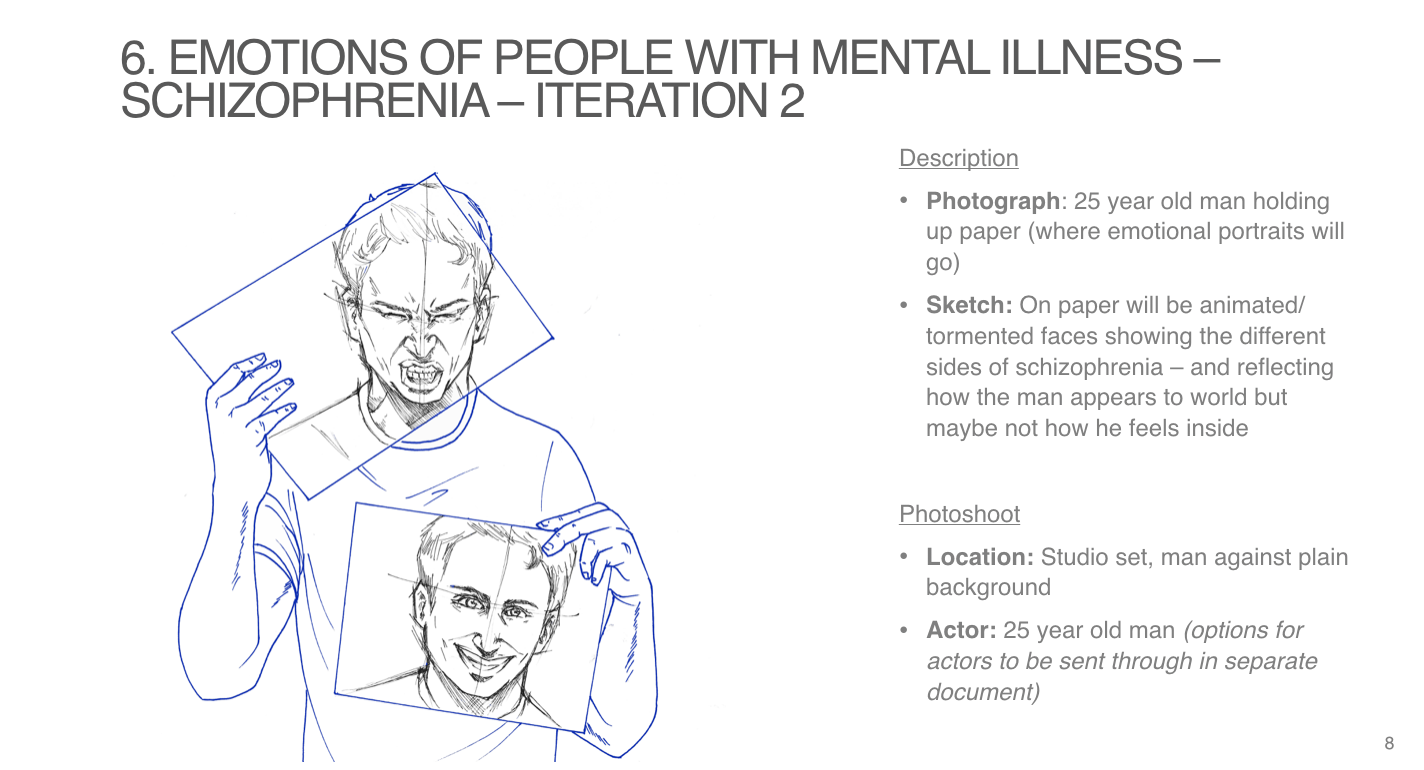
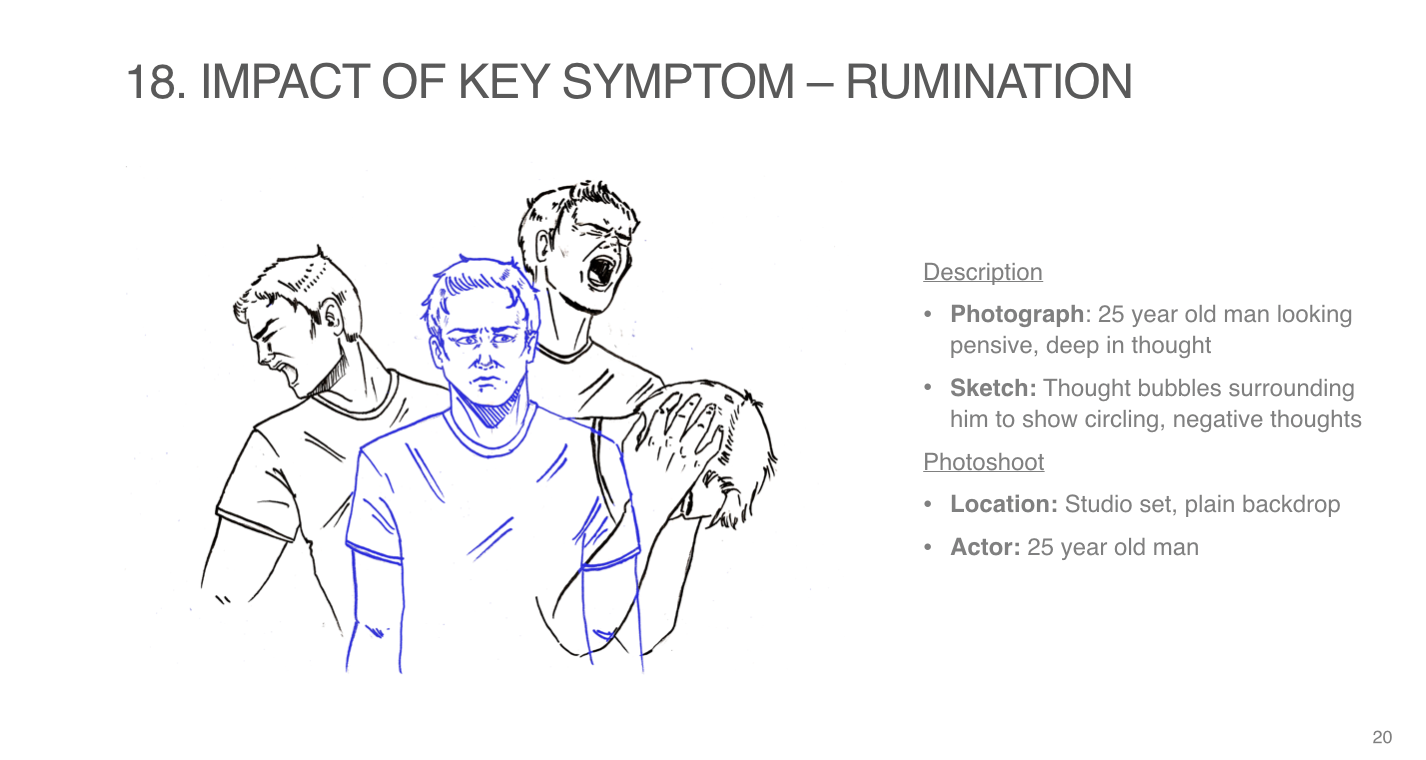
____
Publications

